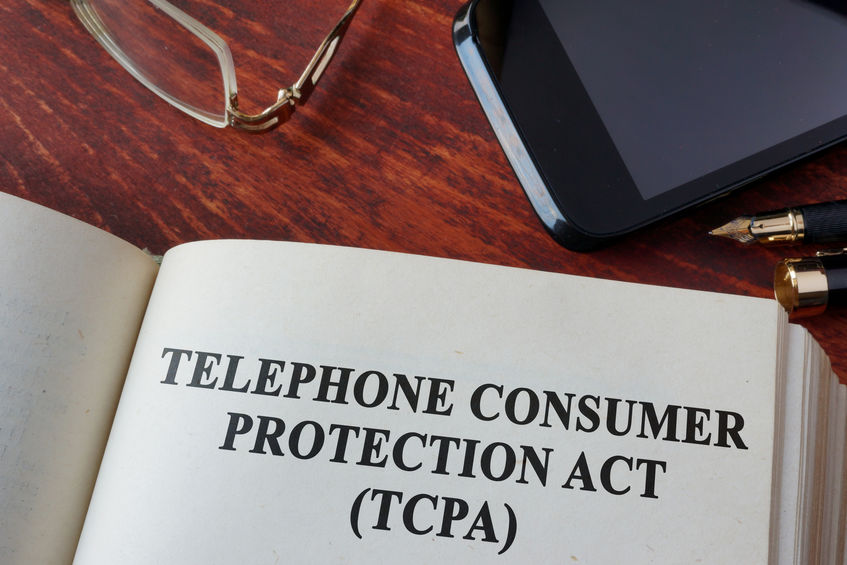Overview
 The Telephone Consumer Protection Act (TCPA), which regulates telemarketing, fax advertising, and the National Do Not Call Registry, has been around for over 30 years. During this time, the Federal Communications Commission (FCC) has issued multiple orders and regulations interpreting the TCPA, which most courts and litigants believed were binding. This is because of a federal statute called the Administrative Orders Review Act, also known as the Hobbs Act, which stated that a federal court of appeals had exclusive jurisdiction to review agency orders. Accordingly, FCC orders were more or less treated as the “law of the land” by district courts, barring a contrary appellate court opinion.
The Telephone Consumer Protection Act (TCPA), which regulates telemarketing, fax advertising, and the National Do Not Call Registry, has been around for over 30 years. During this time, the Federal Communications Commission (FCC) has issued multiple orders and regulations interpreting the TCPA, which most courts and litigants believed were binding. This is because of a federal statute called the Administrative Orders Review Act, also known as the Hobbs Act, which stated that a federal court of appeals had exclusive jurisdiction to review agency orders. Accordingly, FCC orders were more or less treated as the “law of the land” by district courts, barring a contrary appellate court opinion.
That all changed with the U.S. Supreme Court’s opinion in McLaughlin Chiropractic Associates, Inc. v. McKesson Corp. On June 20, 2025, the Court issued the 6–3 ruling, holding that district courts are not bound to follow FCC interpretations in TCPA enforcement cases, and were free to ignore them and interpret the TCPA as they saw fit. Further, while district courts should give “appropriate respect” to FCC interpretations, they are not required to blindly follow FCC orders. Instead, courts must apply ordinary principles of statutory interpretation and draw their own conclusions, even if those conclusions contradict prior FCC Orders.
This represents a sea change in TPCA litigation. The FCC has issued numerous orders over the past 30 years which, up until a month ago, most courts and litigants believed was settled law. Just some of these interpretations include the following:
- The FCC’s 2003 order finding that the TCPA applies to text messages;
- The FCC’s “Prior Written Express Consent” rule that applies a heightened consent standard to certain telemarketing phone calls;
- The FCC’s finding that cellular telephones are covered by the National Do Not Call Registry;
- The FCC’s finding that fax advertisements sent to online fax services do not violate the TCPA;
- The FCC’s 2015 order concerning permissible methods to revoke consent.
The Supreme Court ruling means that defenses that litigants thought were non-starters are suddenly given new life. For example, a federal district court Jones v. Blackstone (C.D. Ill.) recently dismissed a TCPA lawsuit based on alleged unsolicited telemarketing calls to a phone number registered on the National Do Not Call Registry, finding that the registry only applied to landline telephone numbers, and not cellular telephone numbers.
This Jones decision is, admittedly, an outlier, but we can expect more of these types of ruling in the near future now that defendants are free to resurrect what were once thought to be settled issues. As TCPA litigation continues to rage on, its important that litigants consider how McKesson will affect their TCPA litigation, as well as their ongoing compliance efforts. In particular, companies should do the following:
- Analyze whether TCPA claims may be challenged despite a prior FCC Order on the subject seemingly foreclosing the challenge;
- Monitor recent district court TPCA rulings in order to consider desirability of transferring venue;
- Consider whether the judge assigned to your TCPA case is a “strict textualist” or inclined to defer to agency interpretations, then tailor your strategy accordingly; and
- Re-evaluate your consent language and opt-in procedures based on the text of the TCPA.
